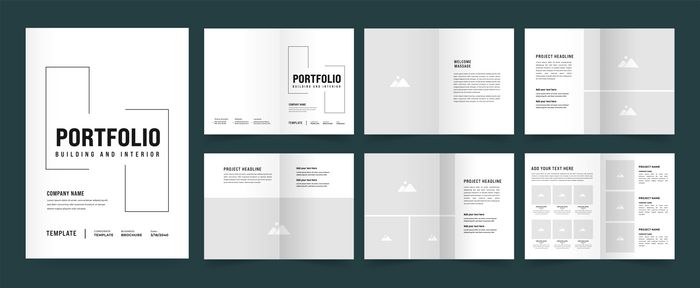Guest blog by Greg Wilkes, Founder of Develop Coaching, author of Building Your Future, and host of the Develop Your Construction Business podcast.
Are you stuck in the race to the bottom?
How many times have you poured hours into a tender, only to hear back from the client: “Thanks, but we’ve gone with the cheaper quote.” It’s gutting. And the worst part? You knew your company would have delivered a far better result, but the decision came down to one thing: price.
Competing on price alone is the most dangerous game in construction. Margins get slashed, stress piles up, and before long you’re working harder than ever but making less money than your subcontractors. I’ve been there myself, and I see it with construction business owners every week.
But there’s another way. Instead of selling hours and materials, you sell value. You position your company as the trusted, professional choice that clients can’t afford not to use.
This is your 5-step value-based bidding playbook.
Step 1: Stop acting like a commodity
When I first started in business, I thought the only way to win was to be the cheapest. I hustled hard, trimmed my prices, and hoped volume would make up the difference. All it did was push me towards burnout.
If a client sees you as 'just another builder,' price will always be their deciding factor. Your first job is to change the conversation. That means clearly communicating:
- What makes you different
- The risks of going with the cheapest option
- The extra value you deliver that competitors don’t
In my book Building Your Future , I call this your USP (Unique Selling Proposition). Without a USP , you’re invisible. With one, you stand out in a crowded market and clients will start to judge you on value, not price.
Step 2: Sell the result, not the quote
Think about Apple. Nobody buys an iPhone because it’s the cheapest phone. They buy it because of how it makes them feel and the confidence that it will work flawlessly.
Your clients are the same. They’re not buying bricks and blocks. They’re buying peace of mind, a finished home they’re proud of, a stress-free build.
When you prepare your bids and presentations, show clients the outcome:
- Case studies of beautiful finished projects
- Testimonials highlighting your reliability
- Photos of clean, safe sites that respect families living through renovations
This shifts the focus from line-item costs to the end result.

Step 3: Build trust before you pitch
Here’s where most builders go wrong: they try to close the deal the moment they send the quote. That’s like proposing on the first date. Clients need to know you, like you, and trust you before they’ll invest six figures into their dream build.
You do this through nurture:
- Follow-up emails that educate, not just chase
- Regular updates on your process and past projects
- Accreditations and awards that scream credibility
- Consistent reviews across Google and social media
When you build credibility, you remove fear. And fear - 'What if they don’t finish on time?' or 'What if they cut corners?' - is the biggest reason clients go for the cheapest.
Step 4: Turn pricing into a conversation
Let’s be honest: clients don’t always understand construction costs. They see one builder at £120k and another at £100k, and they assume it’s the same job. You need to educate them.
Next time you present a quote, don’t just email it across. Sit down with the client and walk them through:
- What’s included that others might leave out (temporary kitchens, warranties, health & safety compliance)
- How you protect them from hidden costs later
- Why your systems mean you’ll actually finish on time (daily huddles, procurement systems, weekly client meetings)
This transparency builds trust and helps clients see the real value in your price.

Step 5: Create a value-stacked offer
Finally, give your bids stopping power. Add bonuses and guarantees that make it almost impossible for clients to compare you on price alone. Examples:
- Guarantee: 'We finish on time or we pay your rent.'
- Aftercare: '12-month snag-free guarantee with 48-hour response.'
- Professionalism: 'Dedicated project manager + online client portal.'
These cost you little but make you look like a premium, professional company. When you package your bids like this, the client starts asking, 'Why are the others so cheap?'instead of 'Why are you more expensive?'
Action point checklist
- Write down your USP today what makes you stand out?
- Update your quotes with outcomes (photos, case studies, testimonials).
- Put a nurture system in place (emails, reviews, accreditations).
- Never email a quote without presenting it live.
- Add guarantees/bonuses to every bid that stack the value.
Final word
You don’t have to be the cheapest to win work. In fact, the opposite is true: when you compete on value, not price, you’ll attract better clients, make higher profits, and finally create the freedom you started this business for.
It’s time to get out of the race to the bottom. Play the value game, and watch your business scale with the right clients, the right margins, and the right future.




